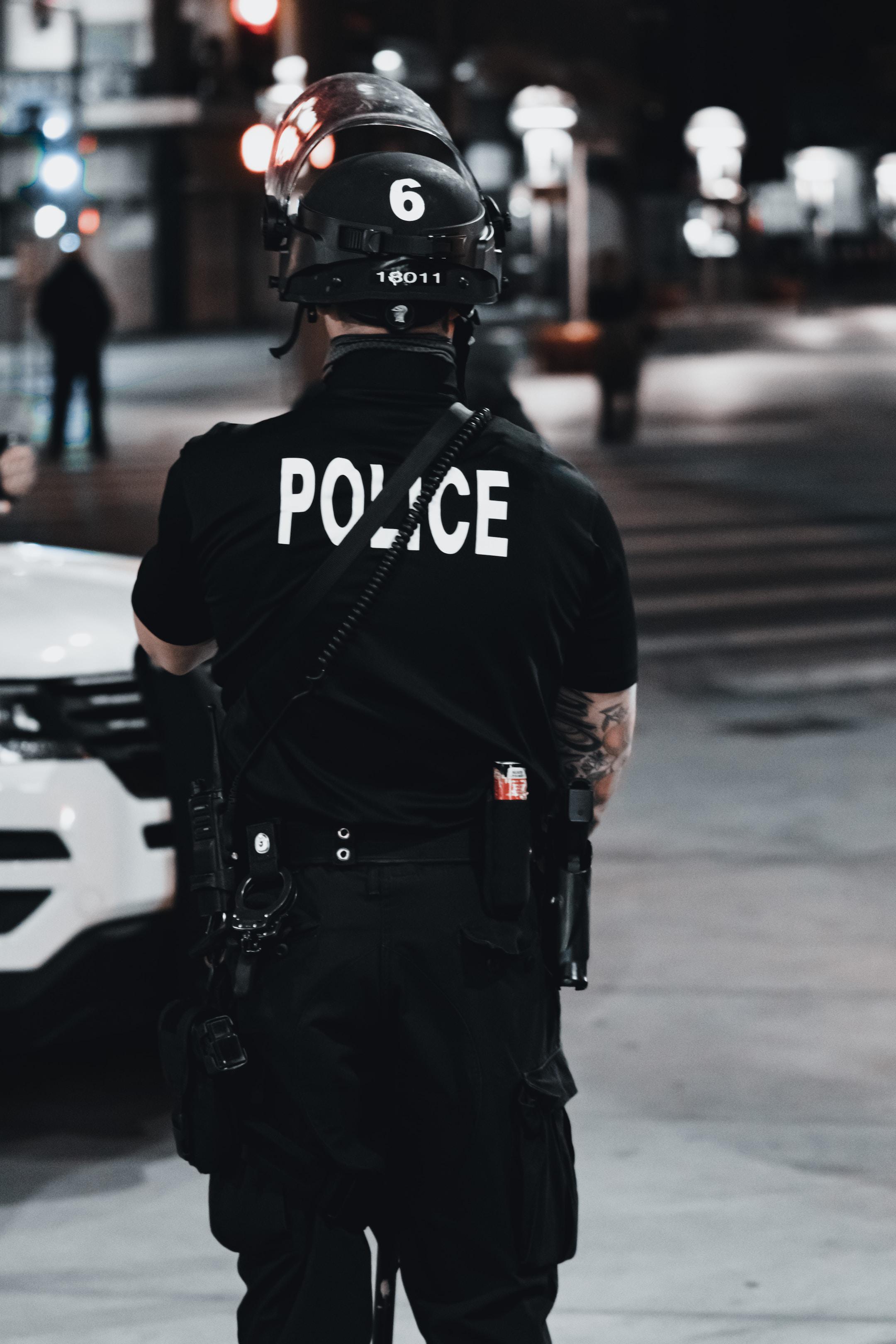
Law enforcement officers play a crucial role in maintaining peace and order within our communities, often putting their lives on the line to ensure the safety of others. In the face of numerous challenges and public scrutiny, it becomes imperative to recognize the importance of police advocacy in safeguarding those who serve.
Front Line Advisors provides a wealth of resources and advocacy services for law enforcement professionals. Continue reading to learn about the critical role of police advocacy, emphasizing the need for support systems that go beyond the uniform.
Law enforcement officers face a myriad of challenges daily, ranging from potential dangers on the job to navigating complex legal and ethical landscapes. Public perception and media scrutiny further compound these difficulties, often casting a shadow over the noble intentions of those who dedicate their lives to protect and serve. Police advocacy becomes essential in mitigating the impact of these challenges, providing a voice for law enforcement professionals and fostering a deeper understanding of the complexities they encounter.
Effective policing relies heavily on trust between law enforcement and the communities they serve. However, recent events have strained this trust, leading to increased tensions and calls for reform. Police advocacy plays a vital role in bridging the gap between law enforcement and the public, emphasizing the positive contributions officers make to society. By fostering open communication and understanding, advocacy efforts help rebuild trust, creating a more collaborative environment for both officers and community members.
Ensuring the mental well-being of police officers is a pressing concern, considering the inherent stress and trauma that come with their profession. Frequent exposure to violence, crime scenes, and life-threatening situations can have a profound impact on an officer's psychological health. Police advocacy initiatives focus on addressing these challenges by advocating for mental health support programs and counseling services, thus removing the stigma surrounding seeking help. A mentally resilient police force is better equipped to handle the complexities of their role and serve the community effectively.
Navigating the legal landscape can be daunting for law enforcement officers, especially when facing legal challenges or accusations. Police advocacy plays a crucial role in ensuring that officers have access to fair and competent legal representation. Additionally, it contributes to the ongoing conversation about police reform, advocating for policies that strike a balance between accountability and the necessary authority for effective law enforcement. By actively participating in these discussions, police advocacy helps shape a legal framework that supports both officers and the communities they serve.
Continuous training and education are essential components of effective policing. Police advocacy groups work towards securing resources for ongoing professional development, ensuring that officers are equipped with the latest knowledge and skills. By advocating for comprehensive training programs, advocacy initiatives contribute to creating a more professional and competent police force. This not only benefits the officers themselves but also enhances the safety and well-being of the communities they protect.
In a society where the role of law enforcement is in constant flux, the need for strong police advocacy has never been more critical. Advocacy efforts surpass the mere defense of officers in times of crisis; they actively contribute to building a more resilient, accountable, and community-oriented police force. Recognizing the challenges faced by those who serve and understanding the multifaceted nature of their responsibilities is paramount.
By championing the cause of police advocacy, we can collectively work towards creating a safer and more just society for all. Reach out to our team at Front Line Advisors today to request a free consultation.